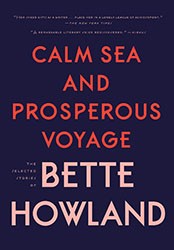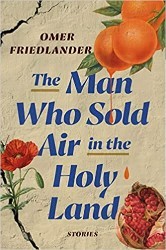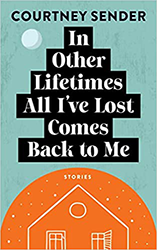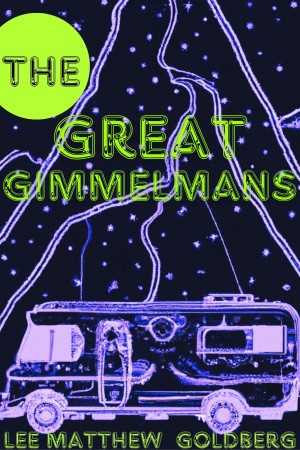To discover a voice from the past is to hear for the first time what’s long ago been spoken; it’s like looking up at the stars, communing with a long-ago light. Every book speaks from the past, but to read a back-in-print book by a forgotten writer is a different experience than reading the classics, whose pages seem well worn even if your own copy is unused. After reading Things to Come and Go, a collection of three novellas by the Chicago-born writer Bette Howland, who was born during the Depression and died in 2017, you might want to say the shehecheyanu, the prayer that celebrates doing something special and new.
Howland is a true original, but her work seems in conversation with that of beloved and better-known Jewish writers. Like Grace Paley, Howland carves out a first-person voice that’s brash, unshy, and knowing but never ingratiating. From “Birds of a Feather,” the first of the book’s three novellas:
“Your skin is so snooth and creany,” he said.
I’m sorry, but that’s what he said. He was breathing hard through his mashed-in nose.
And like Cynthia Ozick, Howland writes prose piled up with figurative language. Here’s the narrator of the final novella, “The Life You Gave Me,” describing her mother:
Her hair is cut short, shingled, clinging to her cheeks — her face enclosed in white petals — like the fancy rubber bathing caps ladies wear down here. Her shoulders stoop. (Since when?) Her elbows stick out. (How long has this been going on?) Her legs, big knee-knobs, are two thick black bones.
Aristotle decreed that a metaphor must be appropriate yet strange — a tricky thing to do. To describe a pair of perilously tanned legs as thick black bones is certainly surprising, but perhaps not quite apt. Howland sprays her pages with metaphors, not all of which stick.
But maybe this is beside the point. Howland is a master of voice, and the metaphors that don’t come off still make an impact, reflecting more on the narrator than on the world around her.
Plot is secondary in these works and can come across as unfocused, as in “The Life You Gave Me,” where the narrator digresses, entertainingly, about Florida’s oddities in a story dominated by two tough characters: her abusive father, now gravely injured and lying in a hospital bed, and her unfeeling mother. But many readers will be grateful for the dark humor leavening a serious subject. For example, the narrator conjures, with utter deadpan, the stock expressions that her mother repeated to minimize her husband’s violence against his young daughters:
He doesn’t mean it.
This hurts him more than it hurts you.
You know he really loves you.
Such restraint makes an impact, conjuring childhood pain from an adult’s point of view and trying to move beyond it.
And while Howland veers from linear narrative, she still generates a restless, often burlesque energy that propels these pieces forward.
The “The Old Wheeze” isn’t as strong as the two, more Jewish novellas between which it is sandwiched. It’s a fine study of three characters, rotating through their points of view in a way that emphasizes their aloneness. But as a writer Howland clearly feeds off the gangstery working-class Jewish milieu she knows so well and describes in such loving detail.
Along with the publication by A Public Space Books of two other of her books—W‑3: A Memoir and Calm Sea and Prosperous Voyage—the reissue of Things to Come and Go should introduce Bette Howland to a new generation. With her hilarious, wise, and moving portrayals of a vanished world, Howland is a writer who deserves to be remembered.
Jason K. Friedman is the author of the story collection Fire Year, which won the Mary McCarthy Prize in Short Fiction and the Anne and Robert Cowan Writers Award. His article on the Solomon Cohen family, published in Moment magazine, won an American Jewish Press Association Award. He lives in San Francisco, with his husband, filmmaker Jeffrey Friedman.





